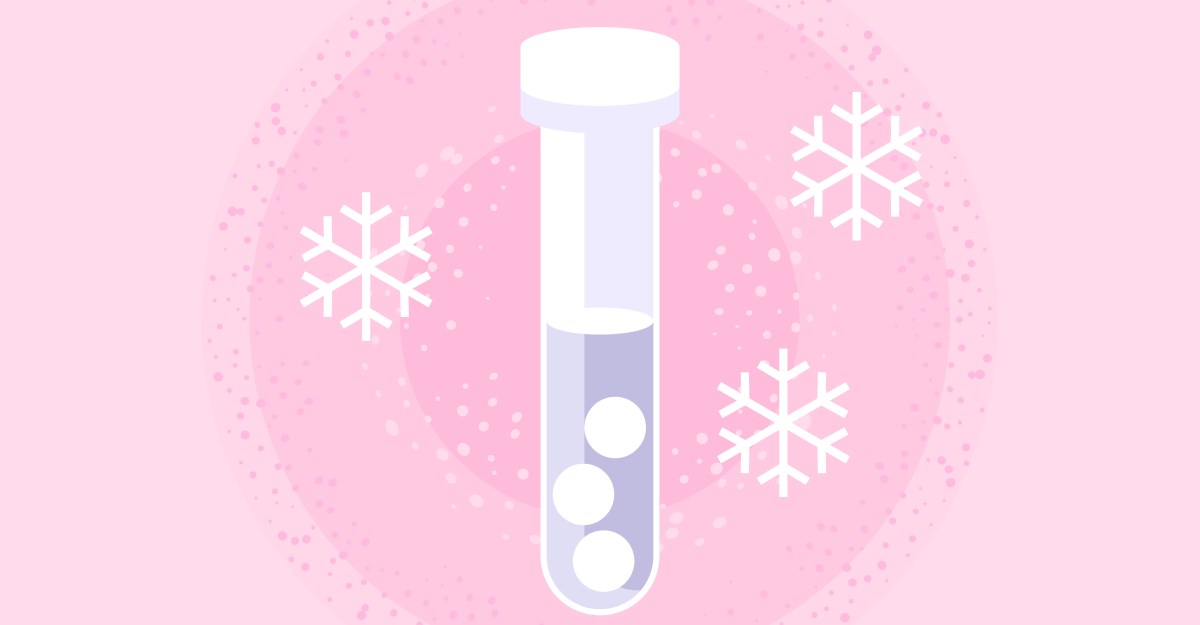The Hidden Risks and Rewards of Egg Donation: What You Need to Know
Egg donation is a profound and life-altering choice for many women. It not only offers the chance to help others create families but also provides financial compensation for the donors. However, beneath the surface of this altruistic act lie various risks and ethical considerations that prospective donors must weigh carefully. This article delves into the hidden risks and rewards of egg donation, providing an in-depth exploration of what potential donors should know before making this significant decision.
Understanding Egg Donation
Egg donation involves a woman donating her eggs, typically to a couple experiencing infertility or to a single parent. The process usually begins with a rigorous screening to ensure the donor is physically and psychologically fit for the procedure. Once accepted, donors undergo hormonal treatments to stimulate their ovaries to produce multiple eggs, followed by a minor surgical procedure to retrieve the eggs.
While the intention behind egg donation is often noble, the journey is not without its complexities. It’s crucial for donors to be informed about what lies ahead.
The Rewards of Egg Donation
Egg donation can be a rewarding experience, both emotionally and financially. Here are some potential benefits:
- Helping Others: Perhaps the most significant reward is the impact a donor can have on someone’s life. Many couples face infertility challenges, and a successful egg donation can lead to the birth of a child, fulfilling their dream of parenthood.
- Financial Compensation: Donors are often compensated handsomely for their time and effort, with payments typically ranging from $5,000 to $15,000 per cycle. This financial incentive can be a considerable motivator for many women.
- Personal Growth: Many donors report a sense of personal fulfillment and growth from the experience. Knowing that they have contributed to a family’s happiness can be incredibly rewarding.
- Educational Opportunities: Some egg donation programs provide educational resources and counseling, allowing donors to learn more about reproductive health and their own bodies.
The Hidden Risks of Egg Donation
Despite the rewards, there are hidden risks associated with egg donation that potential donors should consider:
- Medical Risks: The process involves hormonal treatments that can lead to side effects such as bloating, mood swings, and in rare cases, Ovarian Hyperstimulation Syndrome (OHSS), which can be serious and requires medical attention.
- Surgical Risks: Egg retrieval is a minor surgical procedure, but it still carries risks including infection, bleeding, and damage to surrounding organs.
- Emotional Risks: The emotional toll of donating eggs can be profound. Donors may struggle with feelings of attachment or loss after the donation process, especially if they learn that the eggs resulted in a successful pregnancy.
- Future Reproductive Health: While studies suggest that egg donation does not adversely affect future fertility, there’s still uncertainty regarding long-term impacts on a donor’s reproductive health.
Ethical Considerations
Egg donation raises various ethical questions that deserve careful consideration:
- Informed Consent: It is vital that donors fully understand the procedure, risks, and implications of their donation. Informed consent should be clear and comprehensive.
- Commercialization of Reproduction: The financial aspect of egg donation can lead to concerns about the commodification of human life and whether women are being unduly influenced by financial incentives.
- Legal Considerations: Questions surrounding parental rights and donor anonymity can arise. Donors should understand the legal implications of their donation, including whether their identity will remain confidential.
Who Should Consider Egg Donation?
Not every woman is suited for egg donation. The ideal candidates typically include:
- Women aged 21-34, as this age range is associated with higher egg quality.
- Individuals in good physical and mental health, with a stable lifestyle.
- Those without a history of genetic disorders or significant health issues in their family.
What to Expect During the Egg Donation Process
The process can be broken down into several stages:
- Initial Screening: Potential donors undergo medical, psychological, and genetic screening to ensure they are fit for donation.
- Hormonal Treatment: Donors take hormonal injections for about 10-14 days to stimulate the ovaries.
- Monitoring: Regular ultrasounds and blood tests are conducted to monitor the response to the hormones.
- Egg Retrieval: A minor surgical procedure is performed under sedation to collect the eggs.
How to Prepare for Egg Donation
If you’re considering becoming an egg donor, here are some steps to prepare:
- Research Thoroughly: Understand the process, risks, and rewards. Seek information from reputable sources.
- Consult with a Professional: Speak with a healthcare provider or a counselor specializing in reproductive health.
- Reflect on Your Decision: Consider your motivations and feelings about the potential outcomes of your donation.
- Ask Questions: Don’t hesitate to ask the egg donation agency about any concerns or uncertainties you may have.
Conclusion
Egg donation can be a transformative journey that brings profound joy to families while offering donors the chance to make a significant impact. However, it’s essential to navigate the hidden risks and ethical considerations carefully. By being well-informed and reflecting on personal motivations, potential donors can make decisions that align with their values and circumstances. Ultimately, the choice to donate eggs is a deeply personal one, and understanding both the rewards and risks involved is crucial to making the best decision for yourself and for those who may benefit from your generosity.
See more WebMD Network



